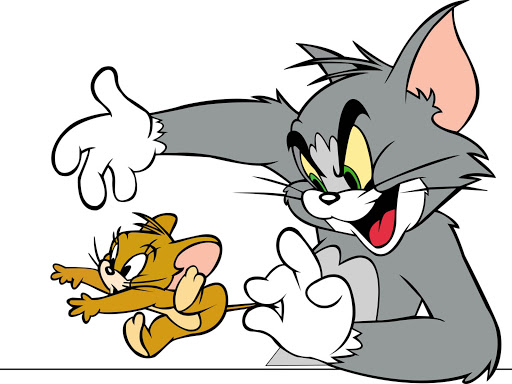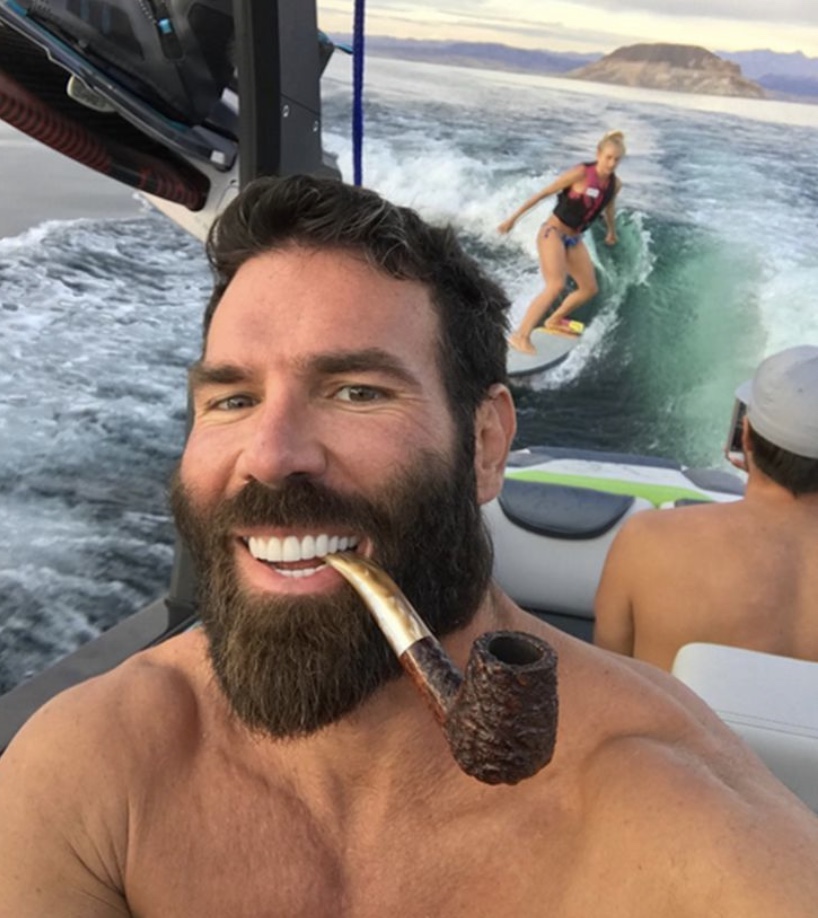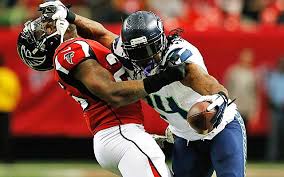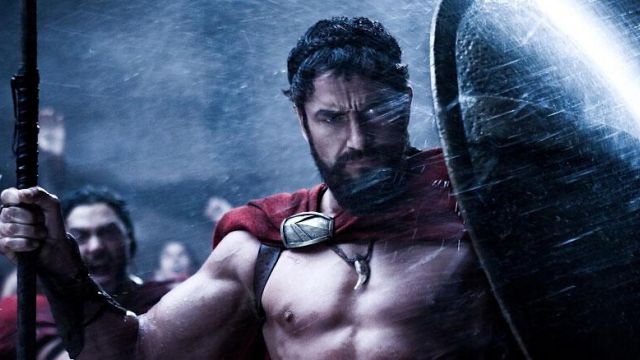
“Read stories of restless people who always end up alone and hate being alone because it’s always themselves they can’t stand being alone with…” (Aciman p.96) Men always have to prove others that they have the power to do everything alone, that they don’t never need anyone to help them, to encourage them, to love them… Elio in Call me by your name by André Aciman is always caught between the ideals of what a man should be and his own impulses on what he wants – to be loved and acknowledge by another person. Elio, while it may sometimes be hard for him, tries to never hides his feelings and dependence from Oliver; going in the direct opposite of what a European man in the 1980’s should be doing, acting and feeling. Throughout the story his dependence to Oliver grows stronger and stronger, but just as every good thing as its end, Oliver must go back to U.S. leaving Elio alone in the town where their wildest dreams became reality. In the movie version of this story directed by Luca Guadagnino, the story ends in the ultimate display of expressiveness, a long scene where Elio is shown crying by the fireplace. Crying because of the realisation that the relationship between him and Oliver was simply a summer dream come true. Expressing the sorrow of the loss of all the dependence and love he felt towards him trough his tears. Elio clearly defy the main idea itself of what it is to be independent and inexpressive where “men should be strong, sturdy, independent, and in control of themselves, even in the most difficult of situations”.







